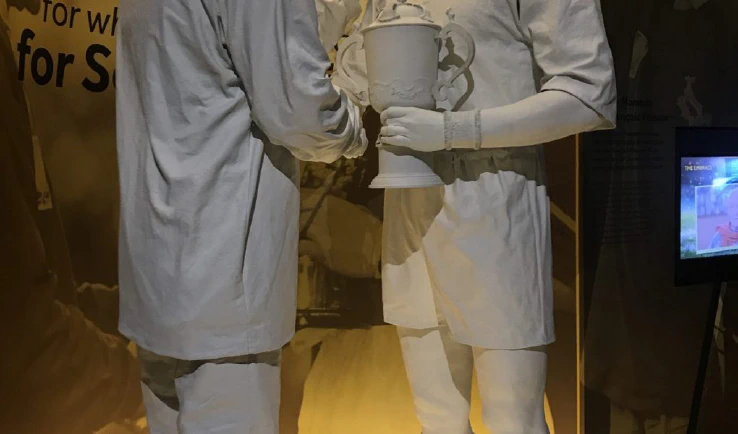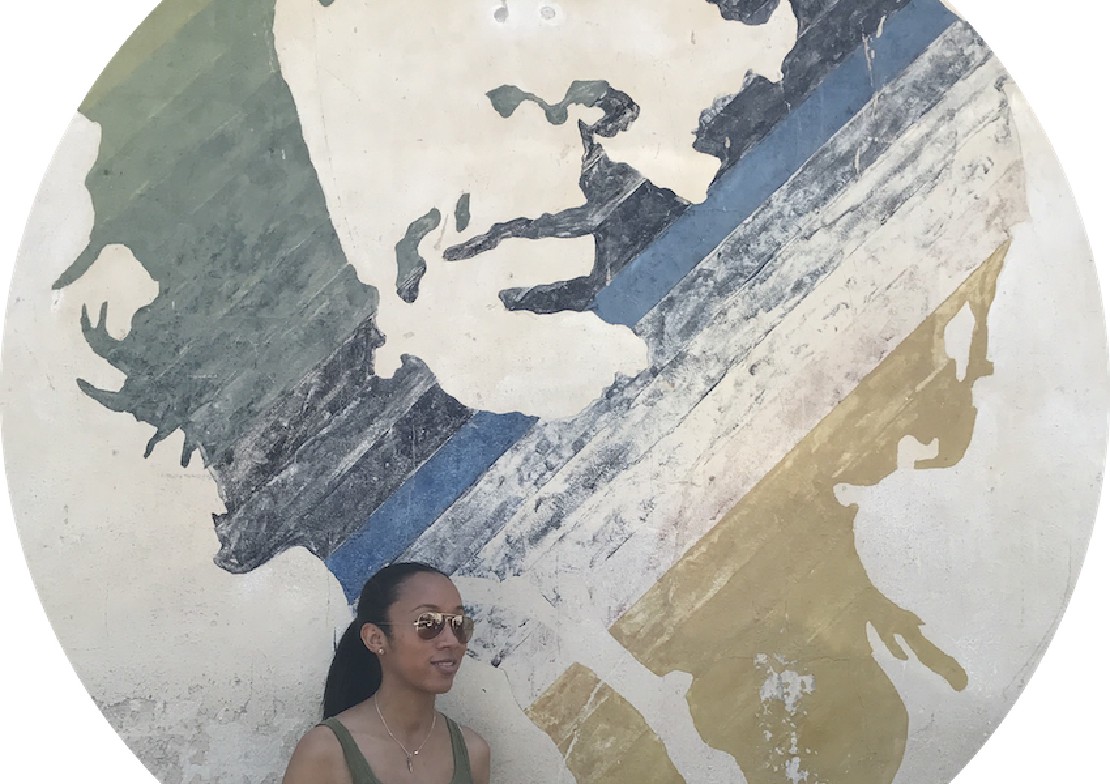Hold up…
That’s definitely sugar coating it a bit. Let’s keep going…
February 1990: State President F.W. de Klerk announces the beginning of the negotiated transition to end apartheid, the unbanning of the African National Congress, Pan Africanist Congress and Communist Party, the release of Nelson Mandela and other political prisoners, and the end of the state of emergency which has been in place for 10 years.
April 1994: South Africa holds it’s first multi-racial elections. The ANC, led by Mandela, won with 62% of the votes. I do wonder what effect gerrymandering would have had on this outcome.
June 1995: South Africa’s national rugby team, the Springboks, win the Rugby World Cup and Mandela comes out to present the trophy. This actually deserves more than a line because: a. The Springboks were seeded 9th and not expected to win.
b. They were hated by most Black South Africans since non-whites were not allowed to play on the national team.
c. They hadn’t even been invited to the last two World Cups because of international views on apartheid.
But you can watch the game go down with Morgan Freeman and Matt Damon in Invictus. [Spoiler: Mandela and the Rugby Captain Pienaar stayed friends for a long time.]
1999: South Africa holds it’s second multiracial elections. Mbeki replaces Mandela as the party leader. However, his handling of the HIV crisis created some serious problems. He stayed President until losing to Jacob Zuma in 2007.
2003: The Black Economic Empowerment program is implemented to undo some of the damage caused by apartheid. Think “Affirmative Action” everywhere.
2009: Jacob Zuma becomes president. Interestingly, the Western Cape province was won by the Democratic Alliance - the most multiracial party in the country.
2017: Investigative journalist Jacques Pauw publishes The President’s Keepers, which follows “a trail of lies and spies, cronies, cash and kingmakers and pries open the web of deceit that surrounds the fourth president of the democratic era." The government security agency promptly served Pau and his publisher a cease and desist letter. Copies of the book began to circulate around social media and WhatsApp to ensure that the author wasn’t silenced.
In general, the post apartheid period also brought:
- An exodus of at least 800,000 white South Africans (out of 4 million) to Australia, New Zealand, North America and the UK.
- An HIV epidemic with nearly 6 million people affected.
- A continuation of economic apartheid with an unemployment rate of nearly 28% and 25% of the population living in extreme poverty.

